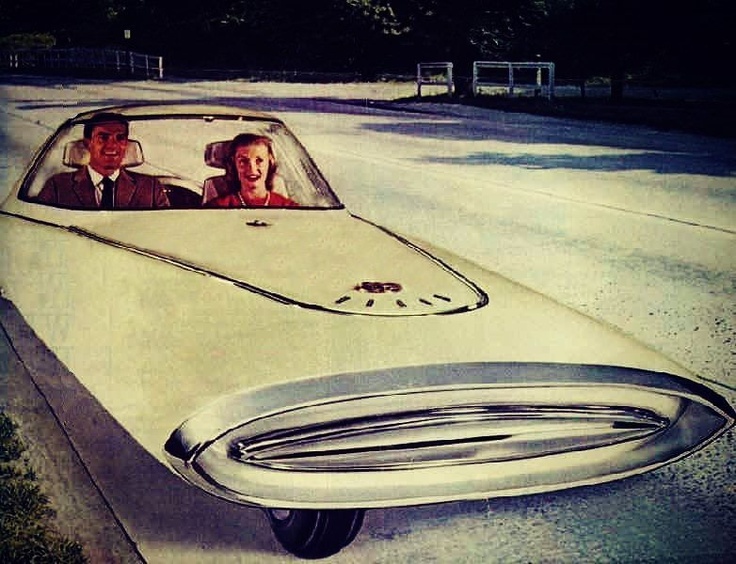The 2015 version of the Gates Annual Letter makes bold and hopeful predictions for the world by 2030 (infant mortality halved, an HIV vaccine, Africa a prosperous continent, etc.) In the spirit of the missive, Politico invited other thinkers to consider life 15 years hence. Below are two examples representing polar opposites, neither of which seems particularly likely.
_____________________________
Technology for the good
By Vivek Wadhwa, fellow at the Arthur & Toni Rembe Rock Center for Corporate Governance at Stanford University
Technology is advancing faster than people think and making amazing things possible. Within two decades, we will have almost unlimited energy, food and clean water; advances in medicine will allow us to live longer and healthier lives; robots will drive our cars, manufacture our goods and do our chores. It will also become possible to solve critical problems that have long plagued humanity such as hunger, disease, poverty and lack of education. Think of systems to clean water; sensors to transform agriculture; digital tutors that run on cheap smartphones to educate children; medical tests on inexpensive sensor-based devices. The challenge is to focus our technology innovators on the needs of the many rather than the elite few so that we can better all of humanity.•
_____________________________
No breakthroughs for the better
By Leslie Gelb, president emeritus and board senior fellow at the Council on Foreign Relations
The world of 2030 will be an ugly place, littered with rebellion and repression. Societies will be deeply fragmented and overwhelmed by irreconcilable religious and political groups, by disparities in wealth, by ignorant citizenry and by states’ impotence to fix problems. This world will resemble today’s, only almost everything will be more difficult to manage and solve.
Advances in technology and science won’t save us. Technology will both decentralize power and increase the power of central authorities. Social media will be able to prompt mass demonstrations in public squares, even occasionally overturning governments as in Hosni Mubarak’s Egypt, but oligarchs and dictators will have the force and power to prevail as they did in Cairo. Almost certainly, science and politics won’t be up to checking global warming, which will soon overwhelm us.
Muslims will be the principal disruptive factor, whether in the Islamic world, where repression, bad governance and economic underperformance have sparked revolt, or abroad, where they are increasingly unhappy and disdained by rulers and peoples. In America, blacks will become less tolerant of their marginalization, as will other persecuted minorities around the world. These groups will challenge authority, and authority will slam back with enough force to deeply wound, but not destroy, these rebellions.
A long period of worldwide economic stagnation and even decline will reinforce these trends. There will be sustained economic gulfs between rich and poor. And the rich will be increasingly willing to use government power to maintain their advantages.
Unfortunately, the next years will see a reversal of the hopes for better government and for effective democracies that loomed so large at the end of the Cold War.•
Tags: Bill Gates, Leslie Gelb, Melinda Gates, Vivek Wadhwa

